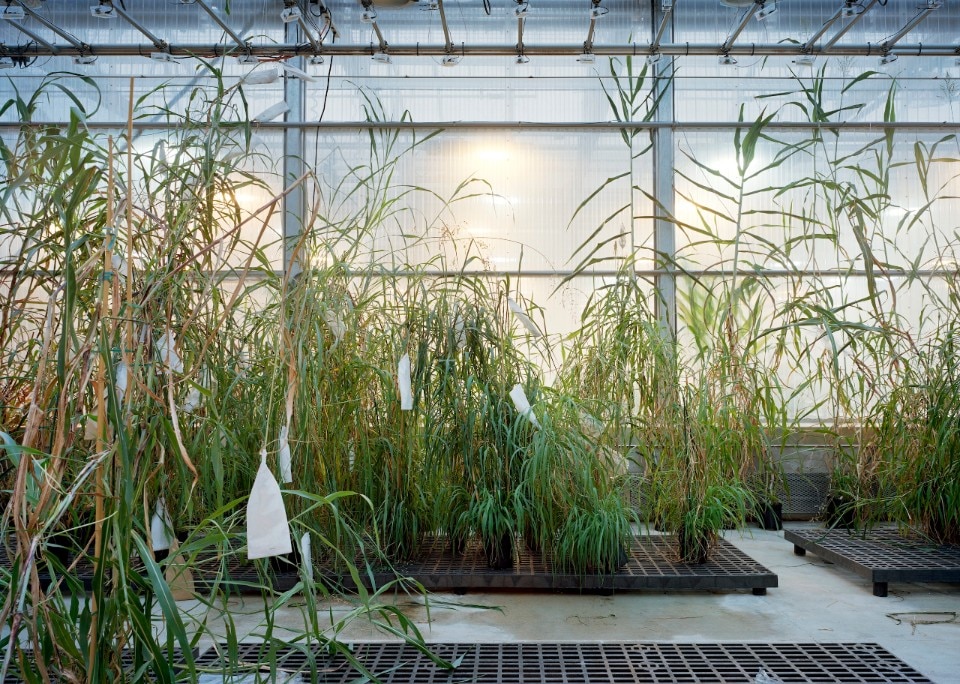This article was originally published on Domus 1048, July-August issue.
Whenever we build, when we make something, we consider nature as our context – both real and metaphysical – resisting its forces, enjoying its qualities and considering its effects. Nature inspires us, informs us, challenges us and gives measure to our creativity. We define our idea of nature as we construct the artificial world with which we surround ourselves. Since Vitruvius advocated architecture as an imitation of nature, we have sought a relationship between the way we build and the natural world. Architects, planners, artists and writers have all imagined and articulated this relationship. Nature has been the indispensable partner in our philosophical reflections on beauty, inspiring us in ways of construction, in the imitation of its forms. It is through this relationship that we define our ideas of civilisation – it feeds our imagination and gives meaning to our existence.
As we increasingly understand the stress and damage that we have inflicted on the natural environment through our actions and the world that we have created for ourselves, we reconsider this relationship that we have been instrumental in destabilising. Unfortunately, our new relationship with nature cannot be solely based on a more careful consideration of how we build from now onwards, but should also address the damage that has already been done. It touches every part of how we plan and construct our environment. The use of resources and the consumption of energy are explicit and measurable, while other consequences of growth and development are less easily identified but no less critical. The uncontrolled expansion of our cities, with the subsequent infrastructure and industrialised food production that supply and support it, have a profound effect not only on the order of the surrounding land but on the very idea of nature. Our conceptual and emotional dialogue with nature itself has been overwhelmed by science and information, by our awareness of what we have inflicted upon it.
Involvement in the construction of the built environment makes our professions collectively complicit as one of the main contributors to global warming, yet still we struggle individually to locate ourselves in this new constellation. Instead, we find ourselves in a position of retreat, immersed in a new vocabulary, measuring our actions in terms of emissions, mitigation, offset and compensation. Yet it is increasingly apparent that the solutions are not only to be found in new regulations and standards. Significant actions need similarly significant visions and imagination. Our condition of being on the back foot does not help, but we cannot act solely through guilt for what we have done, fear of what might happen and regret for what we might have lost. We need to find a new relationship with society and the environment, defined by clear purpose and a desire to evolve. The challenge is not one only of protecting our natural environment but of realigning our attitude and role within an ecological system that now depends on us and how we behave.
In recent months, among the stress, sorrow and confusion, we have had the chance to reflect on how we live, to assess want against need. We have had to fall back on the immediate, what is at hand. Our normal distractions and indulgences have been replaced by resourcefulness and inventiveness. As we begin to put things back together, we realise that we now have the opportunity and the ingenuity to put them back differently. So much more is now conceivable. Emptied of traffic for weeks, the streets of our cities have inspired mayors to fully reclaim them for cyclists and pedestrians. Having realised the precious importance of parks and gardens, proposals are being developed to take back large areas of our cities’ spaces and for public good. People are questioning the discomforts of the city they once tolerated, the complexity of daily routines and their quality of life. The situation has given opportunity to imagination. We have to take it as a mandate for action and increased participation, committing our talents and resources in a realignment of priorities, dismissing short-term values and short-sighted solutions.
As architects, planners and designers, we know that the situation requires us to look beyond the strategies of greening our cities and protecting landscapes. Although we might feel that our professional responsibilities don’t grant us much leadership, the existential dimensions of the environmental crisis give us all leave to act. We have little need of justification nor, hopefully, motivation. We cannot continue to rely on compensatory techniques, nor motivate ourselves only through the rhetoric of sustainability and the lure of the potential of the green economy. We must be willing to be involved in a radical shift that gives priority to environmental and social initiatives over senseless commercial imperatives. Nor can we remain committed to the monumentalising of architecture and the design of our cities based on infrastructure dedicated to their efficiency rather than their humanisation. We cannot doubt the importance of architecture and design, but we need to temper the desire for physical result with the appropriateness of the process and the twin concerns of protecting community and environment. Let’s reconsider not only what we build but why we build, how we build and where we build. These are the decisions that profoundly influence our quality of life, the humanity of our cities and our relationship to the natural world.
Opening image: Thomas Struth, Sorghum, Danforth Plant Science Center, St Louis 2017. Inkjet print, 159.8 x 221.6 cm


